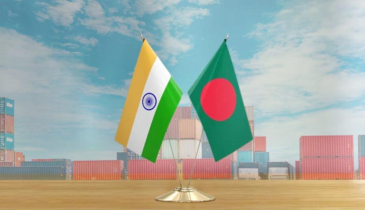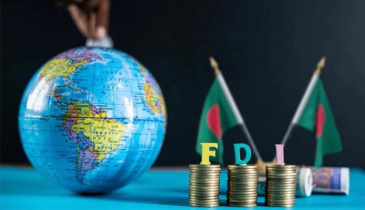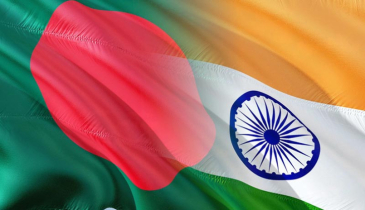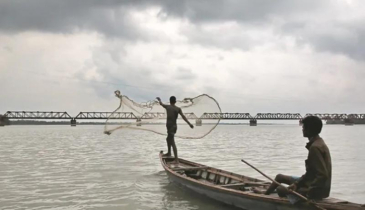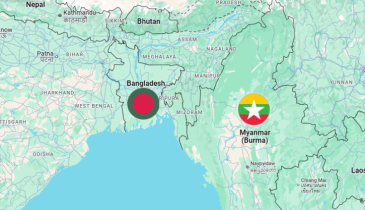Global support needed for Rohingyas
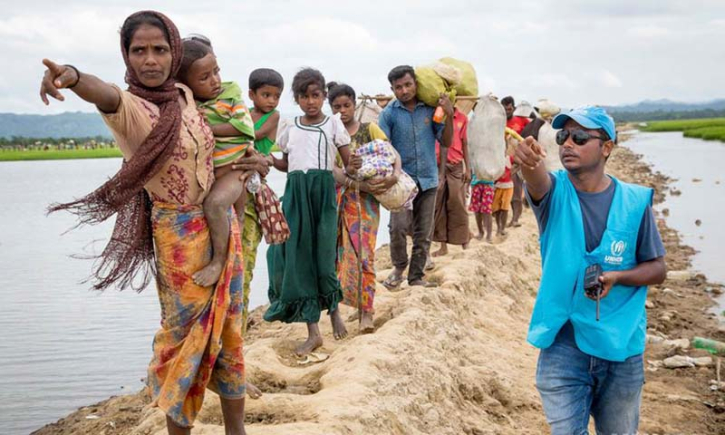
Myanmar's security situation has drastically changed due to Operation 1027. Less than 100 of the 350 townships in the nation are currently governed by the military junta. According to the NUG's Defense Ministry, 98 towns remain under regime control, 75 have been completely taken over by anti-government forces, 105 are encircled by them, and 75 are experiencing ongoing conflicts.
The Arakan Army (AA) has made significant strides in Rakhine as well, taking control of 11 of the state's 17 townships, including Taungpyoletwea, Buthidaung, Kyauktaw, Mrauk-U, Minbya, Ponnagyun, Pauktaw, Myebon, Ann, Ramree, and Thandwe. The Rohingya homes in "Buthidaung" and "Maungdaw" have been particularly affected. Buthidaung fell on May 18, and Maungdaw is on the verge of falling, significantly impacting the Rohingya community.
According to the Free Rohingya Coalition, approximately 250,000 Rohingya have been forced into homelessness due to the AA's destruction of Rohingya villages, pillaging of homes, and other atrocities in Buthidaung and Maungdaw since April. About 2,100 Rohingya were killed in Buthidaung by the AA in April and May. On May 2, the AA slaughtered 600 Rohingya in the Buthidaung village of Htan Shauk Khan, including women and children, in a horrifying atrocity. On August 5, an AA drone and artillery attack killed around 200 Rohingya waiting to cross into Bangladesh for safety beside the Naf River.
In response, more than 1,500 Rohingya have crossed into Bangladesh over the past several days. Approximately 5,000 more have been waiting along the Naf River for an opportunity to cross. With over a million Rohingya already sheltered in the country, Bangladesh is reluctant to accept more.
By accepting almost a million Rohingya refugees, Bangladesh-a lower-middle-income country-has shown remarkable empathy and understanding for human suffering. However, its economy, society, and environment are negatively impacted, and the nation is compelled to bear the costs with a significant portion of its limited resources.
As we approach the seventh year of this crisis, not a single Rohingya has returned to Myanmar. Bangladesh appears to be the only country managing this massive refugee crisis, using its meager resources to provide the Rohingyas with $1.22 billion USD annually. The world's largest refugee camp and one of the biggest humanitarian missions in terms of scope and magnitude are located in Cox's Bazar, Bangladesh.
Moreover, significant funding for Rohingya refugees has been lacking. Over time, support has decreased. Donors contributed only 60% of the required funds in 2020, down from approximately 72% to 75% two years earlier. Bangladesh received roughly 64% in 2023, 69% in 2022, and 35% up to July 31 of this year.
With similar-looking refugees seeking protection in affluent European societies, the plight of the poor and vulnerable Rohingya has become less of a burden to foreign funders. As long as the Rohingyas are neglected, conditions in the refugee camps worsen daily. Due to a lack of funds, the UN was compelled to reduce basic food aid from $12 to $10 per person per month. This reduction coincides with severe food inflation in Bangladesh, exacerbating hunger in the camps.
Additional factors fueling violence include kidnappings, drug sales, robberies, gold smuggling, and other crimes committed by some Rohingyas, particularly young males who have joined criminal gangs and armed groups. In the six-year span, the camps in Bangladesh housing the Rohingya have seen more than 500 kidnappings and 186 killings.
Anxiety, terror, and public killings are rising in southern Bangladesh due to increasing crime rates. There is growing hostility toward the Rohingyas. Cox's Bazar residents fear for their safety as the Rohingya population now exceeds 1.3 million.
With diminishing foreign assistance, Bangladesh is struggling to support over a million Rohingyas. The country has had to seek loans to sustain the Rohingya's well-being, applying to the World Bank and Asian Development Bank for a $1 billion loan in December.
While Bangladesh has extended its borders to provide humanitarian relief and refuge to over a million Rohingyas, the international community has pledged to fairly and impartially share the responsibilities associated with this crisis. Unfortunately, it appears that Bangladesh is the only country fulfilling its humanitarian obligations. It is regrettable that the international community is neither ensuring the protection of surviving Rohingyas in Myanmar nor sharing the burden with Bangladesh.
It is crucial for the international community, rights organizations, and Myanmar to recognize that Bangladesh cannot continue to house the Rohingyas indefinitely or accept any more due to the country's high population density, economic impact, and national security concerns. Global leaders must act now to repatriate all Rohingyas to their homeland, Myanmar, and ensure their safety, security, citizenship, and coexistence with other Arakanese. -Source: Daily Observer
.png)


